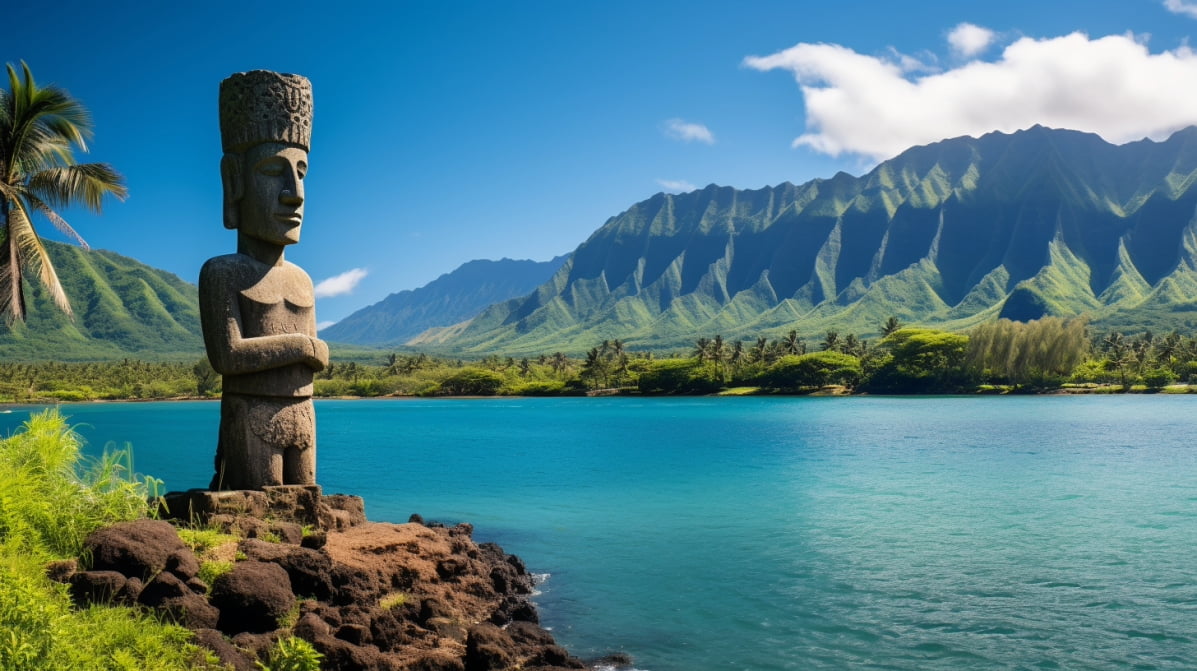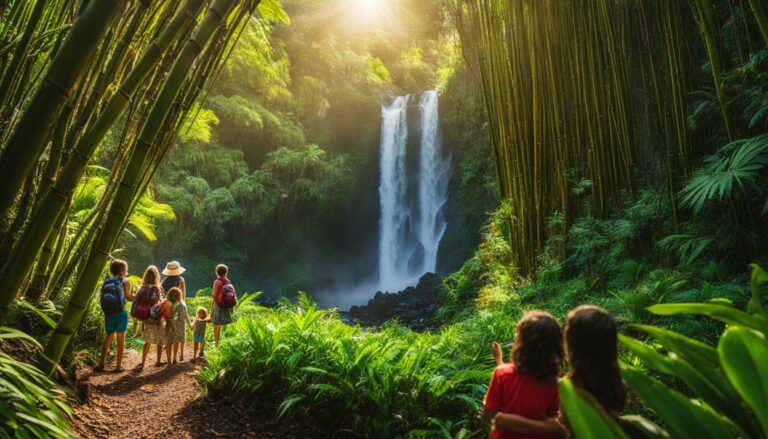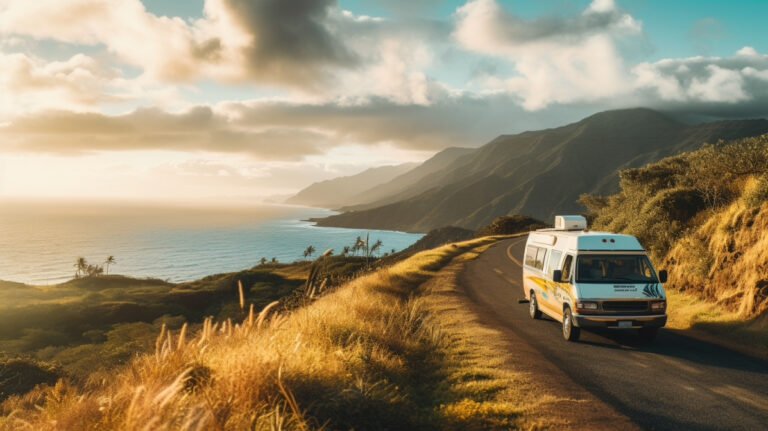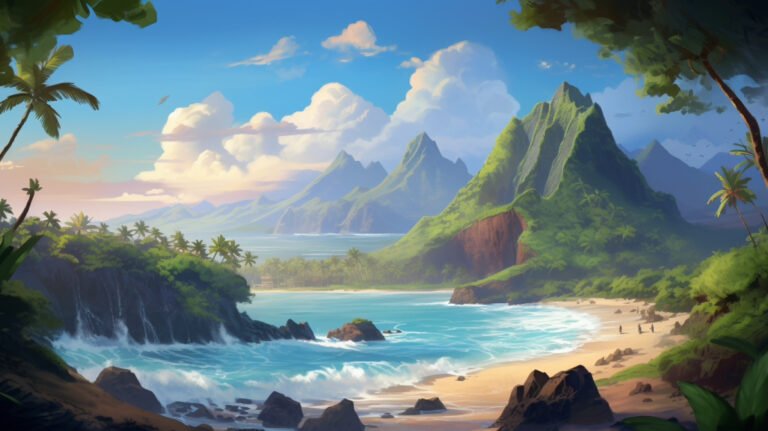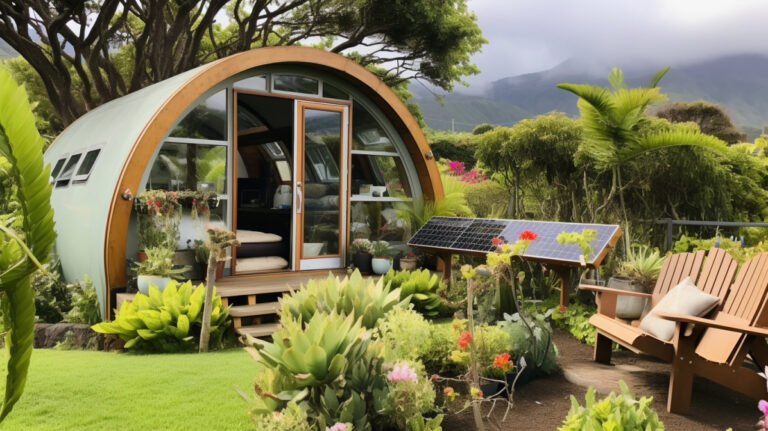Unveiling Maui’s Cultural Tapestry 🌺: A Journey Through History
Maui, one of the Hawaiian Islands, has a rich and captivating history that dates back to ancient times. From the Polynesian settlers who first inhabited the island to the colonial influences of European contact, Maui has experienced a range of significant events, cultures, and people who have shaped its identity.
In this article, we will delve into the history of Maui, highlighting key milestones and developments that have contributed to the island’s diverse and vibrant culture. We will explore the ancient history of Maui, trace its roots back to the Polynesian origins and settlement, and examine the impact of colonial powers on the indigenous culture. We will also take a closer look at Maui’s role in contemporary Hawaiian history, its cultural contributions, and its significance within the wider context of modern-day Hawaii.
Key Takeaways:
- Maui has a rich history that dates back to ancient Polynesian settlers
- European contact and influence has also played a significant role in Maui’s history
- Maui’s cultural contributions have had a lasting impact on Hawaiian history
Ancient History of Maui: Polynesian Origins and Settlement
Maui’s cultural history stretches back to its ancient Polynesian settlers, who first arrived on the island over a thousand years ago. These intrepid navigators sailed thousands of miles across the Pacific Ocean in sophisticated canoes, using the stars, currents, and wildlife to guide their way.
Upon arriving in Maui, these settlers established small, tight-knit communities along the coast and throughout the interior. They brought with them a rich culture, steeped in storytelling, dance, music, and spiritual beliefs. Over time, they developed a complex system of land ownership and resource management that allowed them to thrive in a challenging environment.
Today, visitors to Maui can witness evidence of these ancient settlers at historical sites throughout the island. One such site is the Kahanu Garden, which is home to the Pi’ilanihale Heiau, a massive stone temple that is believed to have been constructed in the 13th century. This Heiau is one of the largest in Hawaii and serves as a testament to the architectural ingenuity of the Polynesian settlers.
Ancient Maui Traditions and Cultural Practices
The Polynesian settlers brought with them a complex system of traditions and practices that are still celebrated in Maui today. One such tradition is the art of hula, a dance form that combines storytelling, music, and movement to convey important cultural stories and beliefs.
Another significant practice is the art of navigation, which allowed the Polynesian settlers to navigate the vast expanse of the Pacific Ocean with precision and skill. This tradition is still alive today, with modern-day Hawaiians continuing to practice the art of wayfinding and navigation.
“We have a responsibility as Hawaiians to perpetuate the culture and the traditions of our ancestors. It is important that we continue to honor the legacy of the Polynesian settlers who first arrived on Maui over a thousand years ago.” – Kahu Charles Kauluwehi Maxwell Sr.
Overall, the ancient history of Maui is a testament to the resilience and ingenuity of the Polynesian peoples. Their cultural practices and traditions continue to influence the island’s identity today, making Maui a unique and fascinating destination for travelers from around the world.
Maui’s Colonial Past: European Contact and Influence
Maui’s history is marked by the arrival of European explorers and the subsequent colonization of the island. In 1778, Captain James Cook became the first European to set foot on Maui, marking the beginning of a new era for the island.
The arrival of Europeans had a significant impact on the indigenous culture of Maui. The introduction of new technologies and goods disrupted traditional ways of life, and diseases brought by Europeans decimated the native population.
During the 19th century, the island became a major center of the whaling industry, attracting American and European sailors who brought with them new ideas and practices. This period of Western influence saw the establishment of a monarchy on Maui, with King Kamehameha III ruling the island from 1825 to 1854.
| Year | Event |
|---|---|
| 1790 | Battle of Kepaniwai: A major battle between the forces of Maui and the forces of King Kamehameha I, resulting in Maui’s defeat and the island’s incorporation into the Kingdom of Hawaii. |
| 1843 | Maui’s independence: British Rear Admiral Richard Thomas denounces the previous illegal annexation of the island by Lord George Paulet and restores Maui’s sovereignty. |
| 1893 | Overthrow of the Hawaiian monarchy: American businessmen with the support of the US Marines overthrew Queen Liliuokalani, leading to the annexation of Hawaii by the United States in 1898. |
Despite the challenges posed by colonization, the people of Maui maintained their resilience and cultural identity. Today, the island is a vibrant blend of cultures, with a strong sense of pride in its indigenous history and traditions.
Historical Timeline of Maui: Key Milestones and Developments
Maui’s indigenous history dates back over a thousand years to the arrival of the Polynesian settlers who established a prosperous agricultural society on the island.
In the late 1700s, the island came into contact with European explorers, including Captain James Cook, who named it the “Sandwich Islands.” This heralded a period of significant change for Maui, as foreign powers began to exert their influence.
| Year | Event |
|---|---|
| 1790 | The Battle of Kepaniwai marks a significant conflict between the forces of Maui and Kamehameha, a Hawaiian chief seeking to unite the islands under his rule. |
| 1819 | King Kamehameha II abolishes the traditional system of religious taboos known as kapu, a significant moment in Hawaiian history. |
| 1838 | Maui is recognized as a separate kingdom by the British government, marking a key milestone in its development as an independent state. |
| 1848 | The Great Mahele, a land redistribution act, is passed, leading to the privatization of land and significant social and economic changes. |
By the late 1800s, Western expansion had made a significant impact on the island. American businessmen established sugar plantations, and the influx of immigrants led to significant cultural and demographic changes.
Despite these changes, Maui has retained a strong sense of cultural identity and connection to its indigenous history. Today, it is a popular tourist destination known for its natural beauty, warm climate, and rich cultural heritage.
Modern Hawaii: Maui’s Role in Contemporary Hawaiian History
Maui’s cultural contributions have played a significant role in shaping contemporary Hawaiian history. The island is known for its rich history and cultural heritage, which is evident in its many museums, historical sites, and events.
In recent years, the island has become a hub for Hawaiian cultural and artistic expression. The Maui Arts and Cultural Center, for example, regularly hosts events and performances that showcase Hawaii’s vibrant arts scene. Additionally, the Maui Historical Society and Bailey House Museum provide valuable insight into the island’s historical roots, exhibiting artifacts and documents that reveal the island’s diverse cultural heritage.
Maui’s natural beauty also plays a crucial role in the island’s cultural identity. The island is home to several iconic natural landmarks, including the Haleakalā volcano and the Road to Hana, both of which are recognized as important cultural sites. Visitors to the island can also participate in traditional Hawaiian activities, such as hula dancing, lei-making, and Hawaiian language lessons, providing a unique and immersive cultural experience.
Conclusion
In conclusion, Maui’s history reveals a fascinating narrative of ancient Polynesian settlement, European colonial influences, and the island’s role in modern Hawaii. Immersing yourself in Maui’s cultural heritage provides profound insight into the forces that shaped this island paradise.
Let Maui’s past come to life as you explore ancient archaeological sites, historic landmarks, and cultural traditions passed down through generations. Discover how vibrant cultures collided and coalesced, creating the Maui of today.
Begin uncovering the captivating layers of Maui’s history. Download the Maui Travel Guide Maui Travel Guide to plan your cultural exploration. Let Maui’s rich heritage unfold before your eyes.

